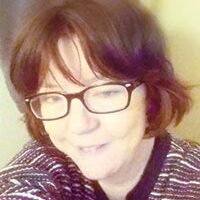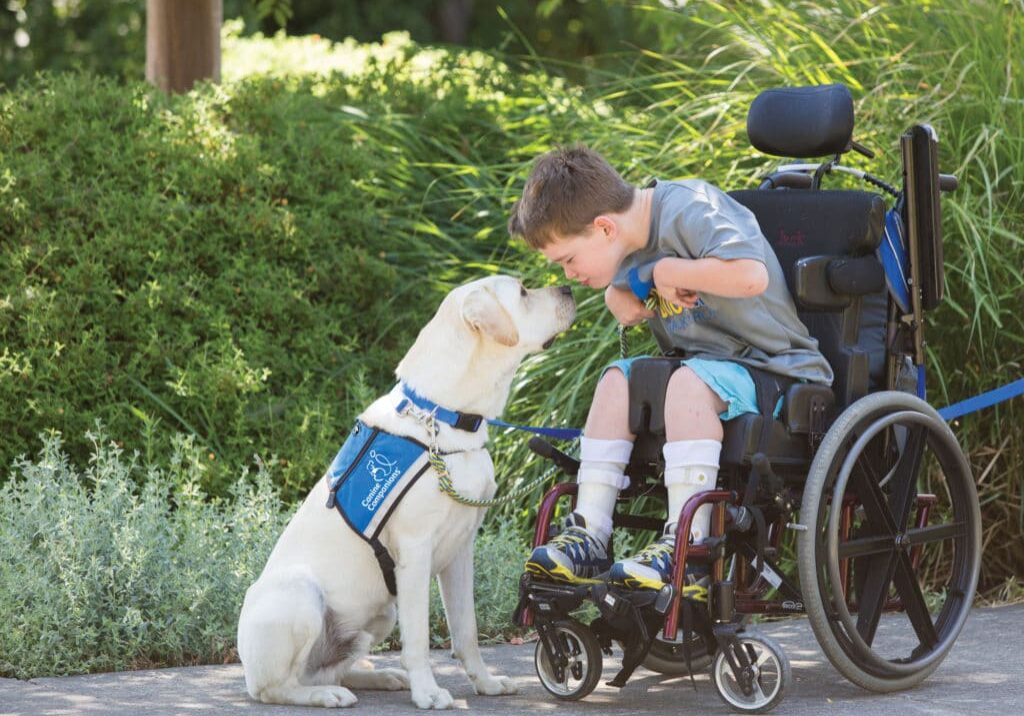For many children facing challenging and complicated medical conditions, hope exists in the form of Shriners Children’s Hospitals. This world-renowned health care system, with a rich history of philanthropy, has transformed countless lives for over a century. Shriners Children’s Northern California treats just under 3000 patients from the North State counties of Butte, Glenn, Tehama, Shasta and Siskiyou each year.
The story of Shriners Children’s began in the early 20th century during the polio epidemic when a dire need for specialized children’s health care was identified. In 1922, this need became the driving force behind establishing the first Shriners Children’s Hospital in Shreveport, Louisiana. Over the next century, the organization’s commitment to improving children’s lives grew into a global network of hospitals.
Shriners Children’s Hospitals provide care for complex pediatric conditions, including orthopedic, craniofacial, neuromuscular, burn, spinal cord and gastrointestinal issues. Their unique focus on these conditions allows for comprehensive treatment typically unavailable elsewhere. Shriners Children’s employs a multidisciplinary approach, assembling teams of specialists to create individualized treatment plans, ensuring every aspect of a child’s health is considered and addressed.
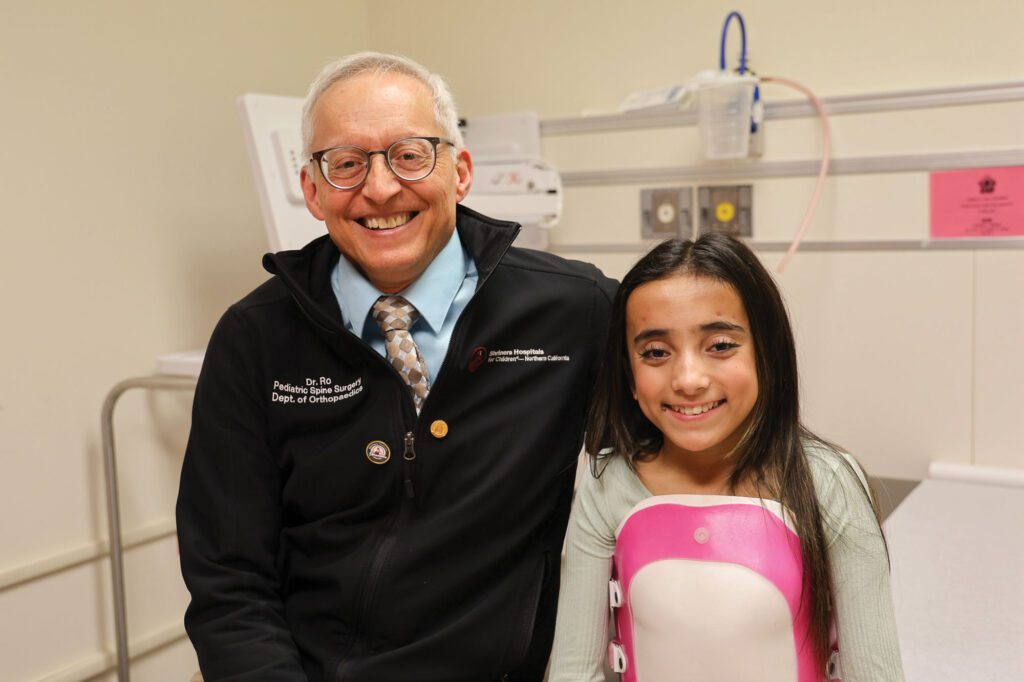
Shriners physician, Dr. Rolando Roberto, M.D., provides specialized care to Anakalia, who was born with Osteogenesis Imperfecta.
The power of personalized care at Shriners Children’s
Two moms from the North State with children who have received long-term care from Shriners Children’s Northern California describe the hospital as a welcoming, comforting environment for their children, with staff that is not only highly skilled but also compassionate and supportive. Shasta County mom Anne Perkins says that the staff at Shriners Children’s Hospital in Sacramento “feel like family” after her daughter Tessa, 18, who was born with cerebral palsy, has been receiving care there for most of her life.
According to Anne, Tessa’s care has been deeply personalized. “They really got to know her,” she says and the child-life specialists there “really work to help reduce anxiety and make [the patients] comfortable.” Tessa was so inspired by the care that Shriners Children’s provided that she created a fundraiser for her senior project that raised over six thousand dollars to support Shriners Children’s. She also became a Shriners Children’s Northern California Patient Ambassador and continues to share her story with communities across the state.
Often, when a child has a complex medical condition, the hospital closest to them is not equipped to provide the level of care they need. While a local hospital may have excellent doctors and resources, it may need more specialized services or equipment to treat a particular condition effectively. Such was the case with Shasta County resident Krystine Sanchez’s daughter Anakalia, 13, who has Osteogenesis Imperfecta – a genetic condition commonly known as brittle bone disease. People with this condition have bones that break easily, often with minimal or no apparent cause.
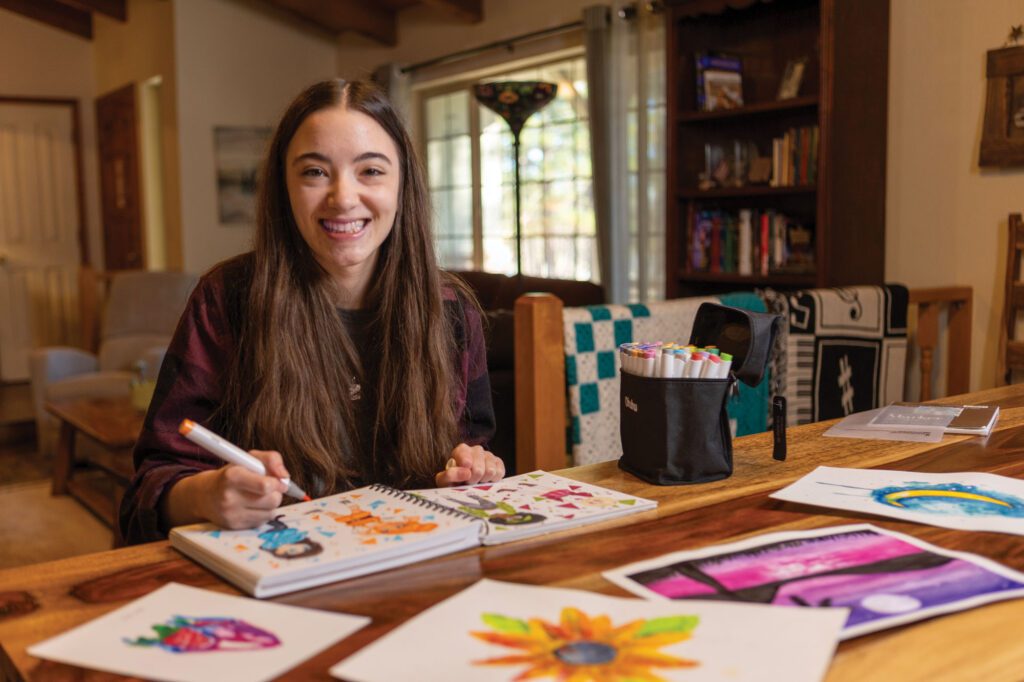
Tessa, now 18 and born with cerebral palsy, has received personalized care from Shriners Children’s of Northern California for most of her life.
Empowering and encouraging young patients
According to Krystine, Shriners Children’s Hospital in Sacramento is the best place for her daughter to receive the specialized care she needs to thrive. The hospital’s focus on empowering patients to participate in their own care is another aspect that sets it apart from other hospitals. Krystine says the members include Anakalia and “ask her and make sure she understands what’s going on and make her feel heard.”
Being in the hospital can be challenging for children, both physically and emotionally. Anne and Krystine describe the reassuring and supportive environment that Shriners Children’s provided for their girls while they were treated there. For Tessa, this included the child life specialists working with her to reduce anxiety with “really amazing distractions like videos and therapy animals” and physical therapists talking her through the therapy process and “letting her go at her own pace,” Anne says.
After a recent surgery that kept Anakalia in the hospital for a month, Krystine remembers how the nurses would cheer her on when she’d do “laps” around the floor to get some exercise. Words of encouragement like “Oh, look at you go!”, “You’re standing up taller!” and “You’re getting stronger!” motivated Anakalia to keep going.
Shriners Children’s provides a holistic approach to care
Shriners Children’s Hospital exemplifies how specialized medical attention, a supportive environment and dedicated staff can empower young patients to overcome challenges posed by their conditions. As families navigate the complexities of medical treatment, Shriners Children’s provides health care that extends beyond physical healing to encompass emotional well-being.
Shriners Children’s Northern California is located in Sacramento, directly opposite the UC Davis Children’s Hospital. For more information, visit their website. shrinerschildrens.org/en/locations/northern-california
Posted in: Special Needs
Comment Policy: All viewpoints are welcome, but comments should remain relevant. Personal attacks, profanity, and aggressive behavior are not allowed. No spam, advertising, or promoting of products/services. Please, only use your real name and limit the amount of links submitted in your comment.
You Might Also Like...
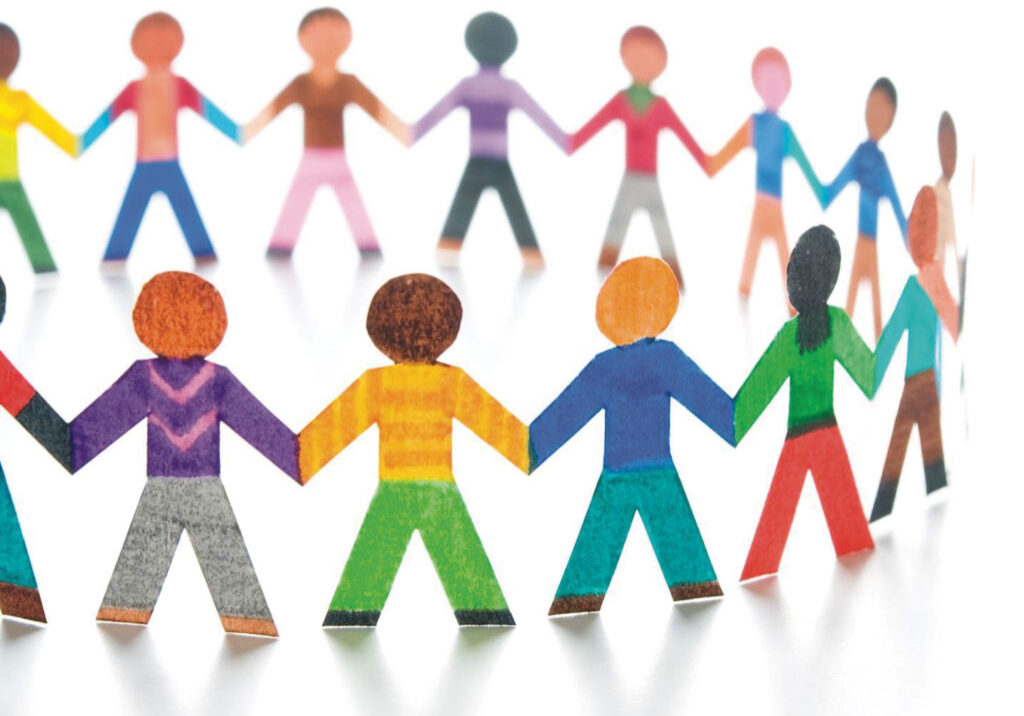
Raising Your Kids in a Disability-Positive Environment
We live in a beautifully diverse world where our children will encounter people of all cultures, races, family structures, and abilities. Teaching them about inclusion early on is crucial, and […]
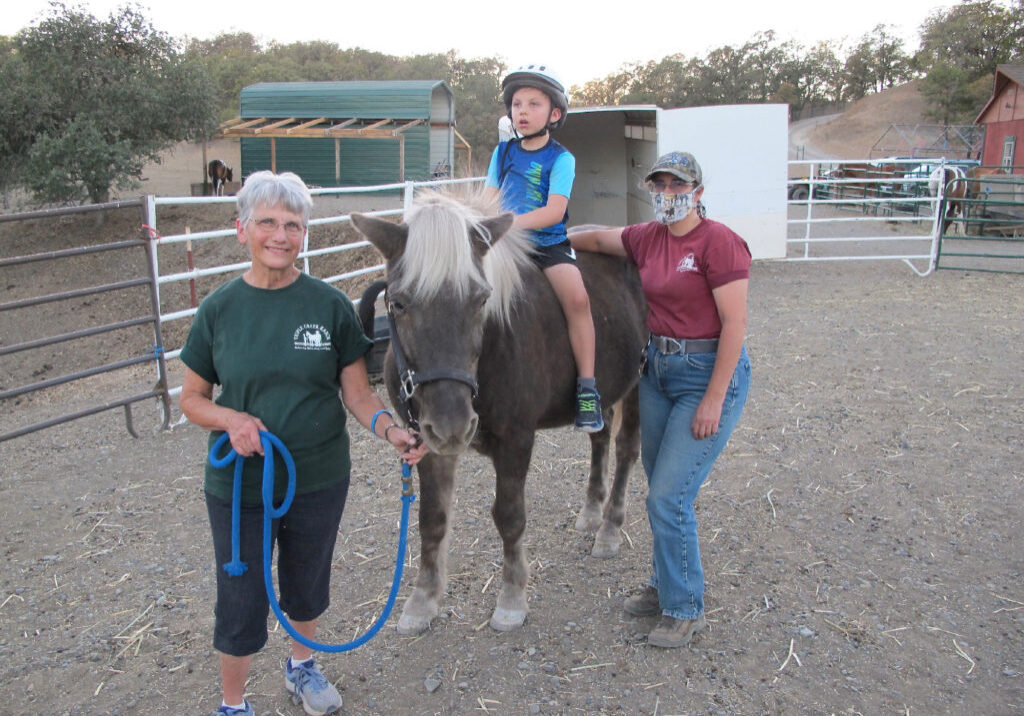
The Benefits of Equine Therapy
Triple Creek Ranch and the Benefits of Equine Therapy Equine therapy is a treatment that incorporates horses into the therapeutic process. Along with riding, people who partake in equine therapy […]
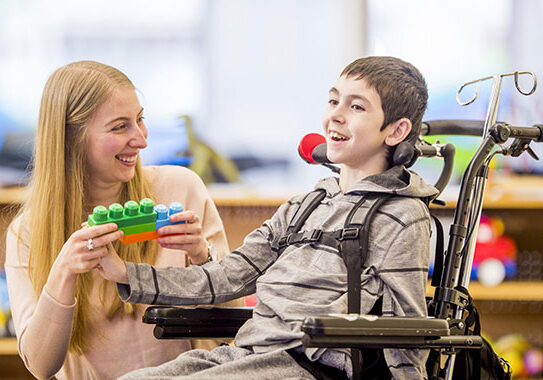
10 Things Every Autism Parent Should Know
Words of Wisdom for Special Needs Parents, From Special Needs Parents Like most parents of children with special needs, author Gabrielle Kaplan-Mayer found herself navigating uncharted waters when her son […]
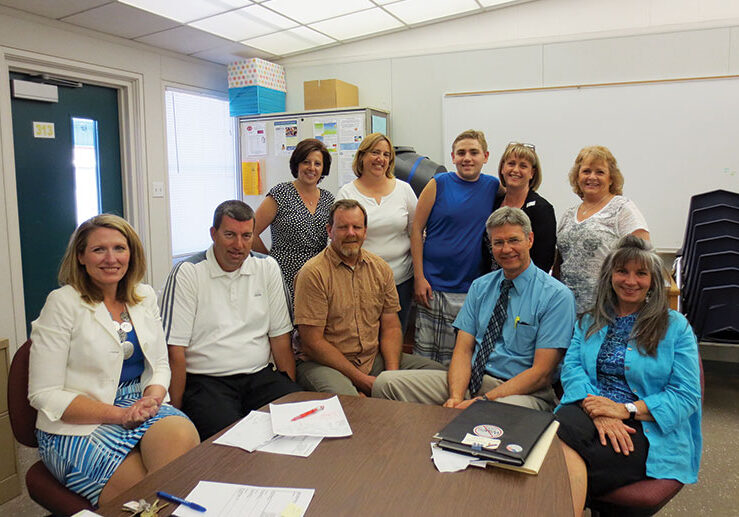
Top 10 Things To Do Before Your Child’s IEP
An IEP (Individualized Education Program) is very important for your child’s education. An IEP is a written statement of the educational program designed to meet a child’s individual needs – […]


